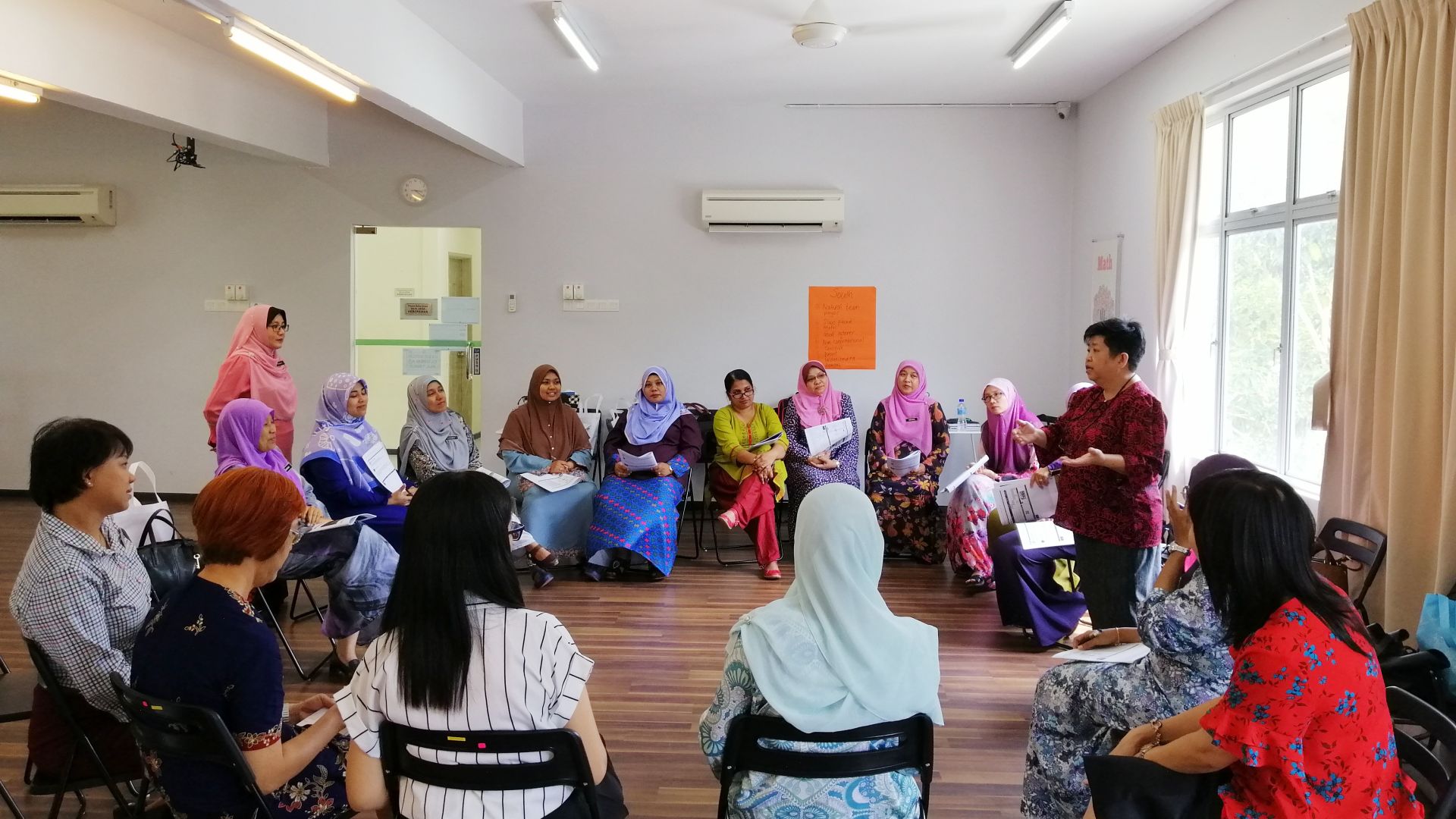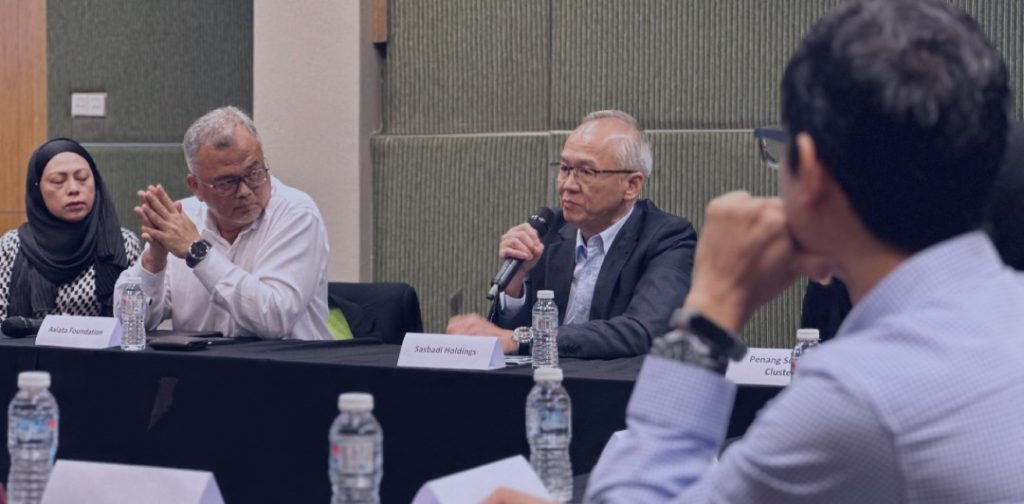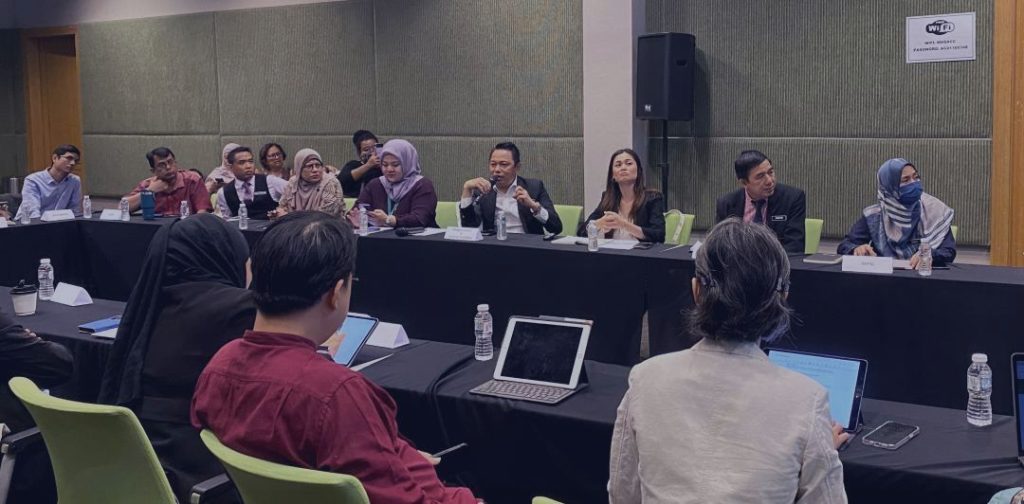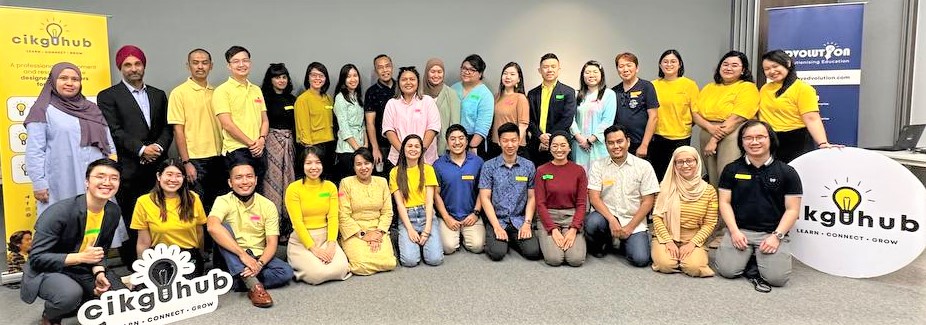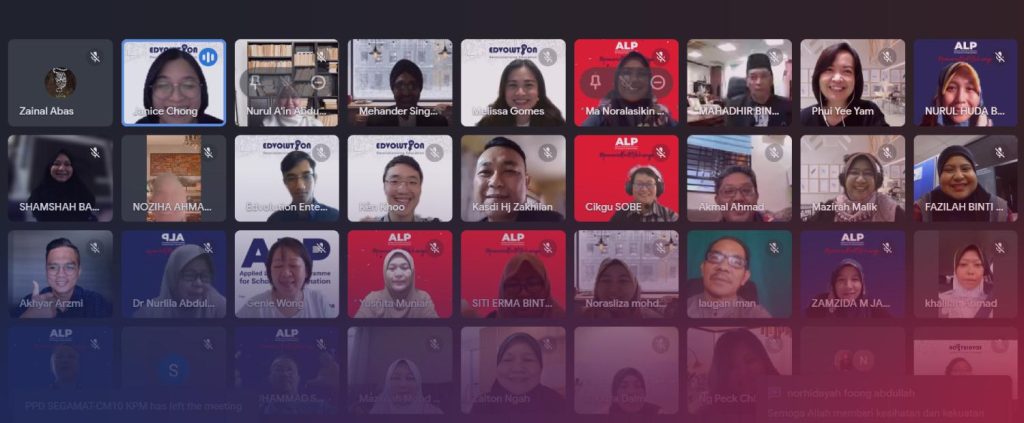6 May 2022
The past two years have been extremely difficult for students. According to UNESCO data, schools in Malaysia were shut approximately for 42 school weeks — more than a full school year — due to the coronavirus pandemic. With the sudden but necessary shift to online modes of learning during this period, the reality is that many students, especially those from poorer and less developed areas, struggled to keep up with their daily education.
As a result, students are an average of three months behind in their education, says Malaysian School Principals Council president Mohd Ariffin Abdul Rahman. While the pandemic shone a public spotlight on educational challenges during the pandemic, the truth is learning loss is nothing new — in fact, it has been a growing, pernicious issue for the past few decades.
Learning loss and its causes
When a student misses classes, or experiences disruptions in their education, it causes gaps in their knowledge and skills. This can affect their academic progress and personal development, which results in learning loss.
Without intervention, learning loss is difficult to recover from in a formalised education system. For example, a student without a solid grounding in primary-level literacy skills will only find it exponentially harder to keep up with written assignments in secondary school, which unfortunately also greatly increases the risk of them disengaging and voluntarily dropping out of school.
In Malaysia, learning loss often results from students being absent from classes, whether out of choice, necessity, or other external pressures. Similarly, ineffective teaching in classrooms — and a lack of teaching, in cases of teacher absenteeism — also contribute to disruptions in quality learning time. These gaps add up over time to cause inequalities in a student’s educational achievement and future opportunities in life.
The educational barriers affecting each school are highly context-dependent: the challenges faced by students from a rural indigenous community would be different from students living in a poor urban neighbourhood with high crime rates. While this means there is no silver bullet solution, in many ways the commitment by the Ministry of Education Malaysia (MOE) in the National Education Blueprint 2013–2025 to empower district and state education offices (PPDs and JPNs, respectively) and decentralise the education system is the necessary step in the right direction.
The integral role of JPNs and PPDs
In the Education Blueprint, JPNs and PPDs are given a role beyond their administrative function — they’re envisioned as subject matter experts, with specialised skills to coach and support school personnel in their jurisdictions. For example, the roles of School Improvement Specialist Coaches (SISC+) and School Improvement Partners (SIP+) were created at the PPD level to provide teachers and school administrators with professional support and expertise based on specific needs in that region.
At the same time, however, recent discussions around teacher workload have stirred up mixed opinions about the role of PPDs. An oft-repeated critique seen online is that educational interventions from PPDs, despite being well-intentioned and pedagogically sound, tend to wind up counterproductive — seen as burdensome by teachers, instead of supportive.
But after running school transformation programmes for the past five years, we see that the best improvements in student outcomes happen when there is effective collaboration between JPN/ PPD education officers, school principals, and teachers. As the bridge between schools and MOE administration, JPNs and PPDs play a unique role as strategic change-makers, as they have big-picture visibility over community-wide issues and the authority to implement intervention programmes. Therefore, part of the solution must involve the upskilling and empowerment of JPN and PPD officers to carry out their duties effectively.
Unfortunately, the reality is that JPN and PPD officers often do not receive adequate on-the-job training and guidance themselves. Based on a study we ran with 552 senior school staff, teachers and PPD officers across 22 schools in Malaysia, 80% of the school management, teachers and PPDs reported being unprepared to recover learning loss (students’ academic progress and attendance) in the long term.
ALP: Transforming schools by transforming PPDs
Our response to this concerning statistic is to dive deeper into the gaps — what skills, know-how and experience are missing in the training of our education officers? This lack of leadership readiness among PPDs and JPNs has become the focal point of our school transformation programmes, starting with TEST (2018–2020), PFCL (2020), and now ALP (2021–present).
The ALP, or Applied Leadership Programme, is a school transformation initiative targeting PPDs and JPNs as the primary agents of change to spark learning loss recovery in schools. Over eight months, PPD and JPN officers attend a comprehensive series of 15 masterclass modules, group coaching sessions once a week, and personal reflection calls once a month.
In designing the ALP’s content, we consulted with education experts, corporate partners, and drew on our experiences and the experiences of past participants. We gleaned particular wisdom from our advisor, Dato’ Dr Mehander Singh, who is a former Director of Institut Aminuddin Baki (IAB), the leading centre for education leadership and management in Malaysia. Our focus homed in on developing officers’ professional competency in three critical skill gap areas:
- Personal and Peer Development: An officer’s ability to lead their own personal growth and the development of teachers and school leaders under their care
- Driving Innovation & Improvement: An officer’s ability to plan strategically and contextusliase these solutions guided by a critical understanding of root causes in schools.
- Community and Stakeholder Involvement: An officer’s ability to build networks with external organisations and partners while leveraging on them to bring improvements in the schools and districts they serve.
Key to ALP’s methodology is the emphasis on learning-by-doing. Throughout the programme, and true to its name, officers apply the knowledge and coaching they receive to the planning and implementation of school-based initiatives in two schools under their purview.
And ultimately, how far an officer demonstrates skills improvement and progress in their initiatives are evaluated and consolidated to a leadership competency score, which becomes an indicator of their growth.
Three wins and insights from our first ALP cohort
- All officers demonstrated leadership competency growth of 1 or more levels over eight months.
ALP is structured around Edvolution’s proprietary leadership development rubric and curriculum, which was designed through consultations and key learnings gleaned from the TEST and PFCL programmes run over the past four years. What we have found is that officers perform their roles differently depending on their mastery of leadership skills.
Broadly speaking, newer officers with less leadership experience and training may inform and work with school administrators on projects, but not be able to provide all the necessary support needed for the projects’ success. On the other hand, more experienced and accomplished officers often provide coaching and mentorship to teachers and school administrators in their work, which develops each school’s capability to problem solve for themselves in the long term, as well.
| Level | Summary |
| 1: Beginner | An officer at this level is expected to inform school administrators on their work duties. |
| 2: Intermediate | In addition to the above, an officer at this level is expected to work with school administration in their duties to achieve the desired outcomes. |
| 3: Advanced | In addition to the above, an officer at this level is expected to mentor school administrators, drawing on their skills, knowledge, and experience to achieve the desired outcomes. |
| 4: Exceptional | In addition to the above, an officer at this level is expected to empower school administrators with the ability and autonomy to innovate strategic decisions based on the school’s needs, to achieve the desired outcomes. |
Based on our intake assessments in September last year, most officers began the programme with beginner or intermediate leadership skills (levels 1 or 2). Over the following months, participating officers demonstrated higher-than-expected growth, achieving an improved average competency level of advanced (in the range of 3 to 3.5) in March 2022.
- 4 hours/ month ‘study time’ granted by the MOE to ALP-participating officers
Another significant win for us is the recognition and support shown by MOE leadership for the ALP and the participating officers. Initially, to accommodate the busy weekdays of officers, most ALP activities took place over the weekends. But over time, this sparked concerns of officers experiencing growing fatigue while regularly working over weekends.
In our engagements with the MOE’s School Management Division (BPSH) and their Director, Tuan Zainal Abas, the ALP was fortunate to receive extraordinary support in the form of a four-hour allocation every month to officers, as dedicated ALP ‘study time’. This added capacity has been a vital factor as well to the programme’s success.
- Positive feedback from school administrators and teachers
From officers, we have heard some truly heartwarming feedback. During their reflection sharing, officers shared anecdotes of how teachers and school administrators are feeling more heard and more guided, as rigid working dynamics have started to shift to allow for thought partnering.
We hope that, as we continue to develop the leadership of officers across the nation, this positive change in the work culture of schools, PPDs and JPNs will continue with more collaboration and mutual consultation.
What’s next?
Education is not a zero sum game; with an effective education system, we all stand to gain. That is why the ALP is conceptualised as a public-private partnership, bringing together stakeholders driven by a common mission.
The first phase of the ALP (Aug 2021–Mar 2022) is made possible with funded support from PwC Malaysia, who have also been excellent collaborators and advisors to our team, in addition to volunteering their expertise to run a few masterclasses for ALP participants — a rare opportunity for officers in education!
We are excited for the next phase of the program (Apr 2022 onwards) with Yayasan Petronas, which is focused on impact evaluation and officers’ assessment for progression to specialist pathways, while we provide post-programme support.
At the same time, we plan to continue our partnership with Google to upskill officers’ proficiency in edtech tools, a necessary component in 21st-century learning, through the Google Certified Educators programme.
Reflecting on the last eight months of ALP, we have been encouraged and inspired by the results so far; not only as a demonstration of the officers’ commitment to their professional development and excellence, but also as confirmation of our belief — that despite often being overlooked in public discourse, PPDs and JPNs are the key agents of change for learning loss recovery in this country. And now we know that by empowering our officers, we empower our schools and teachers to serve our students better.
Stay updated on the weekly from ALP as we transition into our next phase at our dedicated Instagram account @alpschooltransformation, and sign up for our quarterly newsletter.
Edvolution Enterprise is a not-for-profit social enterprise on a mission to revolutionise Malaysia’s educational landscape through data-driven solutions. Since 2017, Edvolution has run a series of school transformation programmes, starting with TEST in Penang, PFCL in Perlis, and ALP in 10 states. As of May 2022, Edvolution has impacted over 140 schools across Malaysia.
In additional to its flagship school transformation programmes, Edvolution also offers leadership training, curriculum development, and learning space design services.

